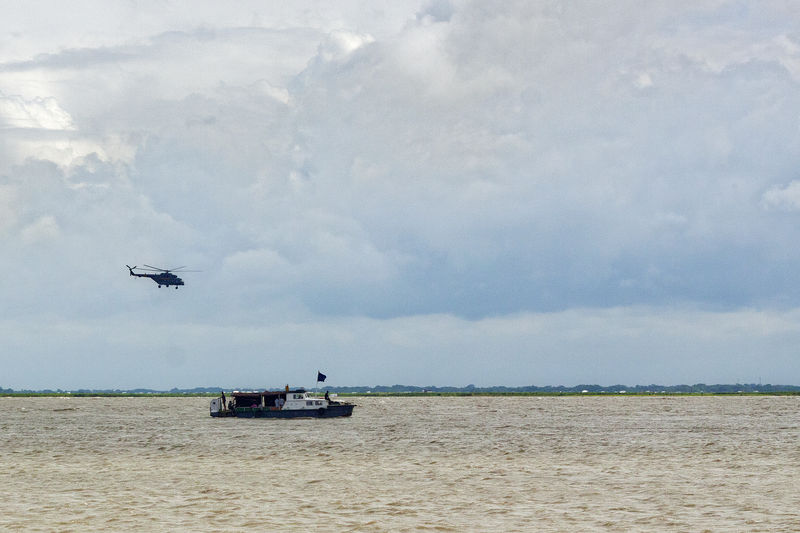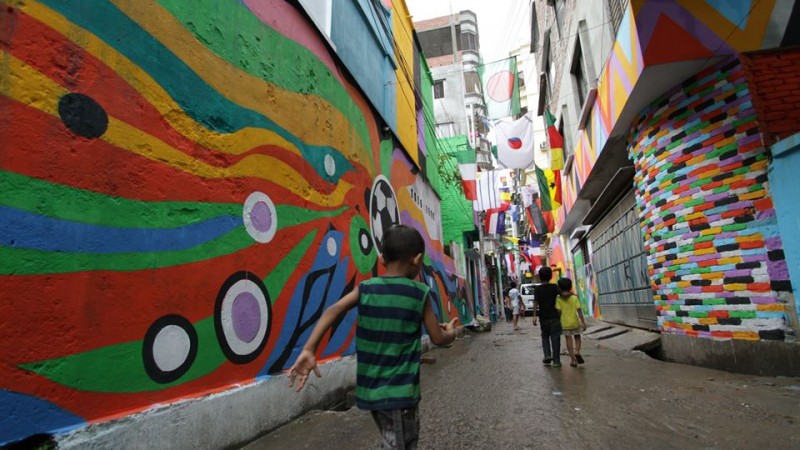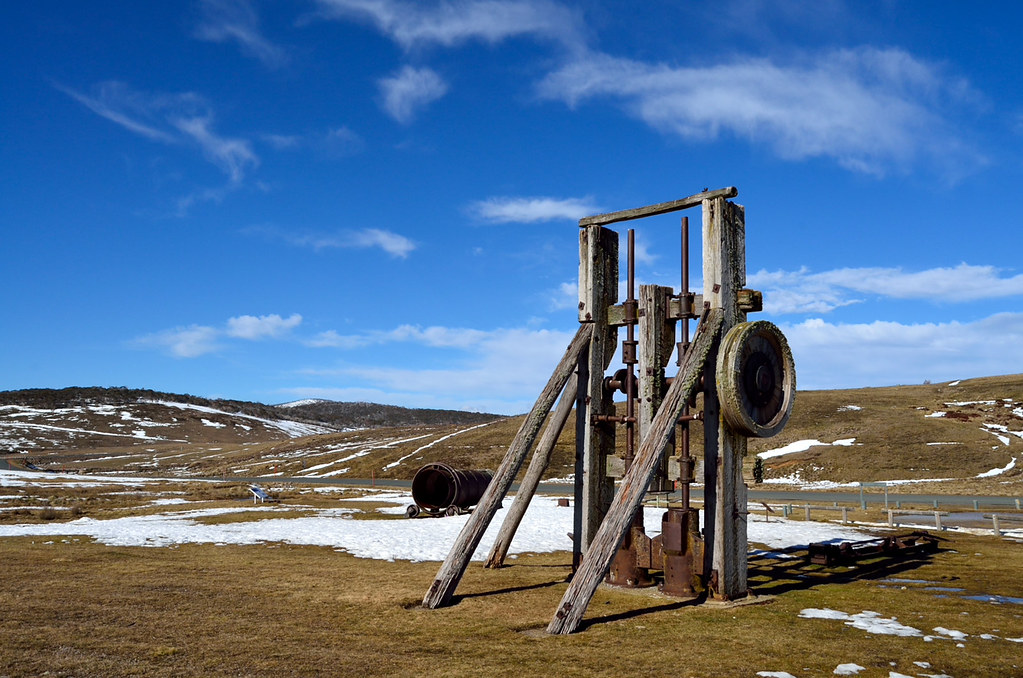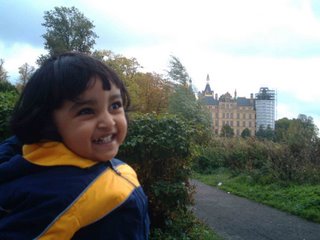The latest from different blogs about the following South Asian Countries:
Bangladesh:Bangladesh is facing a political crisis.
Unheard Voices: Drishtipat group blog informs about a citizens movement in Bangladesh in which people are urged to wear a black badge demanding a free and fair election and to bring an end to the ongoing political violence and people's sufferings.
All the major religions in Bangladesh enjoy their equal share of religious holidays. Andrew Morris of
Morris the Pen describes a baptism ceremony in Bangladesh.
Bangladesh has some
talented photographers. Shahidul Alam of
ShahidulNews has details about the Chobi Mela IV, the international festival of Photography in Bangladesh with lots of links, pictures and background information.
Bhutan:Bruno Giussani of
Lunch Over Ip informs that the Bhutanese officials make decisions based on whether they will contribute to the nation's collective happiness, not on economists point of view. No wonder Bhutan is the 8th happiest nation in the world.
However Bhutan is still a developing country. Murray Angus Gunn of
One People, Many Cultures comments about the Bhutanese education system that it is still a rote learning system.
The trade bond between Bhutan and bordering India is very strong.
Kuensel online reports that one in every 10 Indian national entering Bhutan via border town of Phuentsholing state ‘collection of dues’ as the reason for the visit.
India:Bollywood has created many famous pairs of actor-actresses. Sakshi Juneja of
To Each Its Own hosted a poll to find out which is the Bollywood's hottest pair. The results are pretty interesting.
The duel between religion and science is eternal. Selva of the
Scientific Indian opines that religious faith is hopeless and science pertains to hope.
Nepal:Amidst political instability life still goes on in Nepal. Dinesh Wagle of United we blog has
the pictures and details of the Music, Dance and Street Festival in Thamel.
Women do not need sympathy, they need opportunity to gain economic independence. Alex and Heather of Our Six Months
tells the story how learning to be a trek guide can empower women in Nepal.
Pakistan:Suroor of
Achelois regrets the Pakistani army's rape and mutilation of approximately 400000 Bangladeshi women during the liberation war of Bangladesh in 1971. He is battered by the fact that how can own people (undivided Pakistan) can inflict such a shame and pain saying "incest is more painful than rape by strangers".
Adil Najam of
Pakistaniat writes that ‘Pillion’ Riding (multiple passengers in a motorbike) is now banned in Karachi for good reasons.
The Glasshouse informs that a Sindh TV station is banned by the central government for bad reasons.
Why do they like Pakistan? Shirazi of
Light Within has details about the migratory birds visiting Pakistan to keep away from the winter.
Sri Lanka:Mahisha thinks that freedom of speech should not be used to hurt people un-necessarily.
Indi.ca protests the physical violence in light of the Budhdha's teachings.
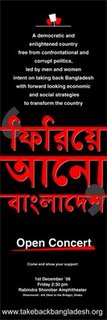 Zafar Sobhan, assistant editor of the Daily Star introduces the new initiative Take Back Bangladesh. In an article in the Daily Star he writes:
Zafar Sobhan, assistant editor of the Daily Star introduces the new initiative Take Back Bangladesh. In an article in the Daily Star he writes:

















